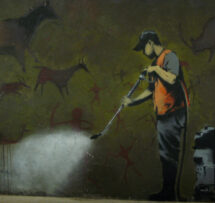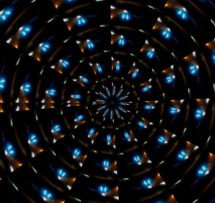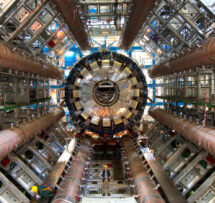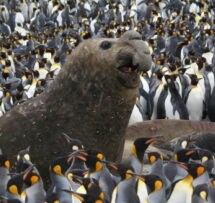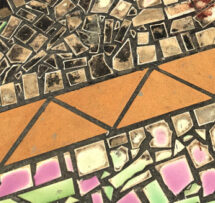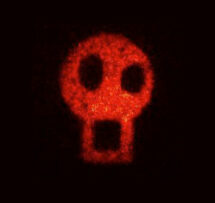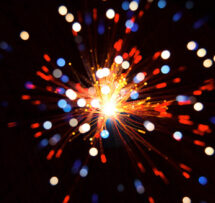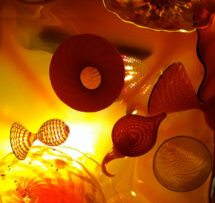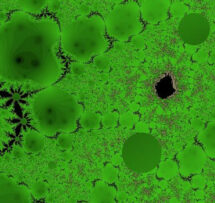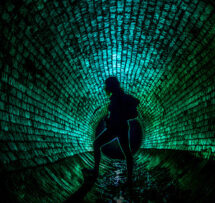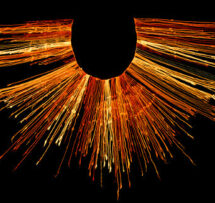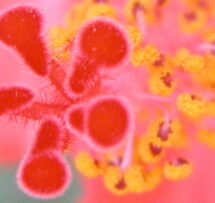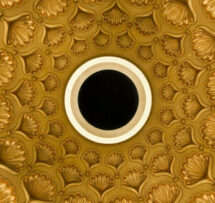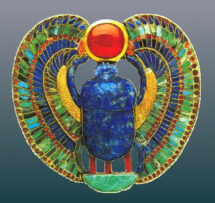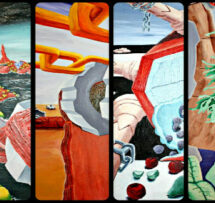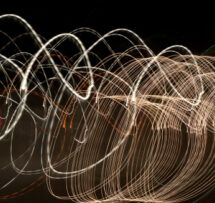Observing the cosmos from above the clouds

How did the universe begin? Can we observe the infant universe? How do we build
telescopes to make those observations? Why is Antarctica a great place to study the cosmos?
And how does it feel to see an instrument, which took a decade to build, dangling precariously from a rope and suddenly accelerating into the stratosphere?
Cosmology, the study of the origins and evolution of the universe, is an exciting area of research that addresses some of humanity's oldest questions. How did the universe begin? What is it made of? What is its ultimate fate? To answer these questions, scientists travel to some of the most remote corners of the earth in order to build specialised telescopes that have access to the clearest skies.
In this episode of Science & Cocktails Johannesburg, Cynthia Chiang will focus on one of these specialised telescopes, named SPIDER, which aims to study the earliest moments of the universe's birth by measuring the leftover heat from the Big Bang. SPIDER is a balloon-borne telescope which launched on January 1, 2015 from McMurdo Station, Antarctica, and successfully observed from the stratosphere for 16 days.
Cynthia Chiang will describe how the SPIDER instrument was built, the unique adventures and challenges of Antarctic long-duration ballooning, and give us a sneak preview of what we've learned from the SPIDER observations so far.
Afterwards, antarctic cockails will be served at the bar while Iphupho L'ka Biko Afrocentric Band plays stratospheric jazz.
Image: The view from SPIDER (Credit:SPIDER).

Hsin Cynthia Chiang
Observing the cosmos from above the clouds
How did the universe begin? Can we observe the infant universe? How do we build
telescopes to make those observations? Why is Antarctica a great place to study the cosmos? And how does it feel to see an instrument, which took a decade to build, dangling precariously from a rope and suddenly accelerating into the stratosphere?
Talk by
Hsin Cynthia Chiang
Cynthia Chiang is a cosmologist and senior lecturer at the Astronomy & Cosmology Research Unit at the University of Kwazulu-Natal. Her research uses precision cosmological measurements to understand the evolution and structure of the Universe. She is involved in the instrumentation and data analysis for several Cosmic Microwave Background (CMB) experiments, including SPIDER. She is also
involved in developing HIRAX, a radio telescope array which will measure the imprint of primordial sound waves in the distribution of galaxies.

Music by
Iphupho L'ka Biko Afrocentric Band
Iphupho L'ka Biko is an afrocentric band, comprised of a full rythm and horn section. Their repertoire consists of their original music and African songs. The word "Iphupho", ngesi Xhosa, can be translated as "a dream", which in this context symbolises God, the giver of dreams. The word "Biko" refers to Bantu Biko, the father of Black Consciousness in South Africa. Their vision is to conscientise, decolonise and spiritually awaken the masses through their music. The band members are Nhlanhla Ngqaqu (composer, bassist, and founder), Nicholas Bjorkman (drums), Thabo Matsime (piano), Edre van As (guitar), Godfrey Mntambo (alto sax), Tebogo Kaunda (tenor sax) and Athamacwera Ngcaba (trombone)







